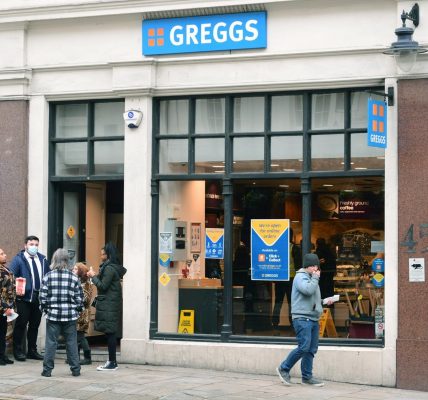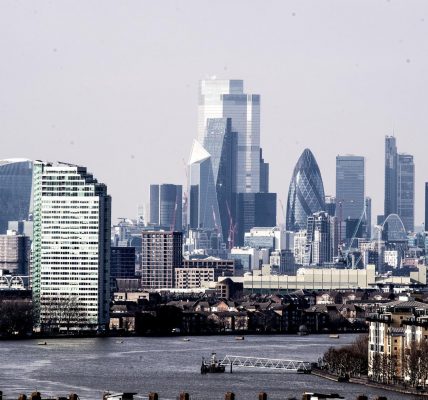Britain saw record surge in number of workers on payrolls last month
Britain saw a record surge in the number of workers on payrolls last month as hospitality and entertainment firms hired for indoor reopening, official figures have shown.
The Office for National Statistics (ONS) said there were 197,000 more people in payrolled employment last month compared with April, the highest rise since these records began in 2014.
Figures also showed the jobless rate dropped once more, to 4.7% between February and April, down from 4.8% in the previous three months.
The ONS said that for the first time since the pandemic struck, the hardest-hit sectors such as hospitality, accommodation and arts and entertainment saw the strongest growth in payrolled workers.
It comes after indoor hospitality reopened on May 17 in a boost to cinemas, restaurants, pubs and bars, which have been battered by lengthy Covid-19 restrictions.
But there are fears for many firms as the Prime Minister confirmed on Monday that the June 21 full lifting of pandemic restrictions will be delayed by up to a month.
The ONS data also showed that despite six months of increases, payrolled worker numbers have still fallen by 553,000 since the pandemic hit.
Sam Beckett, ONS head of economic statistics, said: “The number of employees on payroll grew strongly in May, up by almost 200,000, although it is still over half a million down since the pandemic struck.
“Job vacancies continued to recover in the spring, and our early estimates suggest that by May the total had surpassed its pre-pandemic level, with strong growth in sectors such as hospitality.
“Meanwhile the redundancy rate remains subdued, while the number of employees on furlough has continued to decline.”










